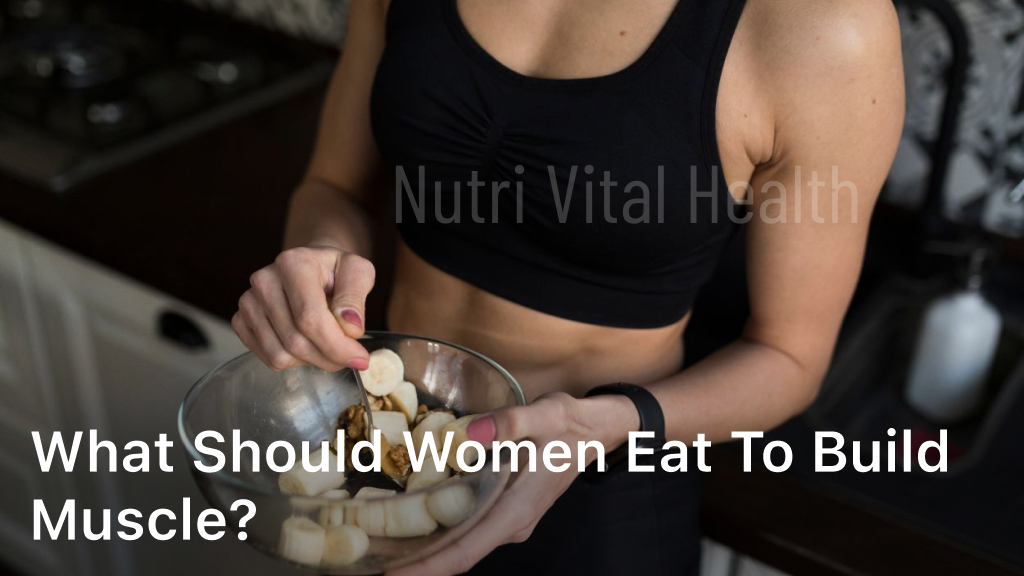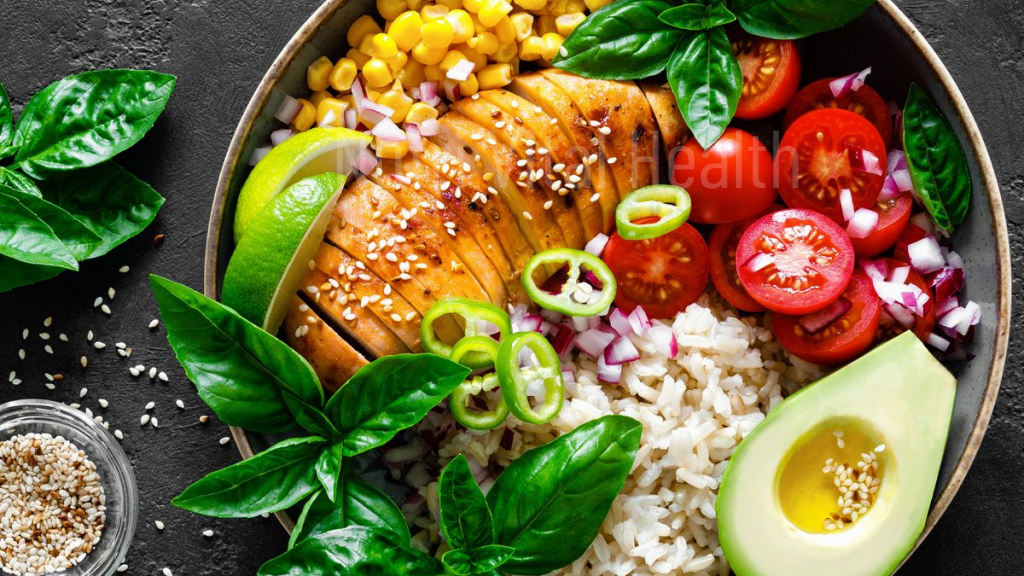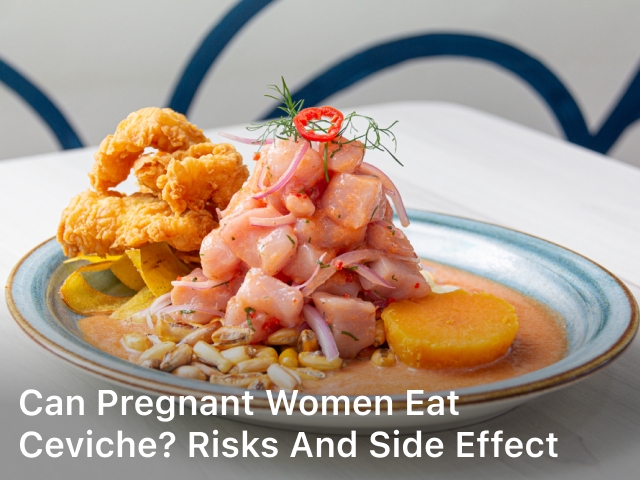What Should Women Eat to Build Muscle?

In order to build muscle and increase strength, women need to prioritize their dietary choices. Eating the right foods plays a crucial role in supporting muscle growth and achieving fitness goals. It’s important for women to focus on consuming a balanced diet that provides the necessary nutrients for muscle development.
Understanding the best foods for women to eat when aiming to build muscle is key. These foods are packed with essential nutrients that promote muscle growth and support overall strength. By incorporating these foods into a well-rounded diet, women can optimize their body’s ability to build muscle and enhance their fitness journey.
In the following sections, we will explore the specific foods that are highly beneficial for women looking to build muscle. We will also provide guidance on creating a balanced diet plan that meets the nutritional needs for muscle growth and strength. Let’s dive in and discover the secrets to achieving your desired physique!
Best Foods for Women to Build Muscle
When it comes to building muscle, women have unique dietary requirements that differ from men. To support muscle growth effectively, it is important for women to consume the best foods that provide the necessary nutrients and support overall strength.
Here is a comprehensive list of nutrient-rich foods that women should consider incorporating into their diet to promote muscle growth:
- Lean proteins: Chicken breast, turkey, fish, tofu, eggs, and Greek yogurt are excellent sources of protein. Protein is crucial for muscle repair and growth.
- Healthy carbohydrates: Whole grains, brown rice, quinoa, sweet potatoes, and oats provide a steady release of energy and support replenishment of glycogen stores, crucial for muscle recovery.
- Healthy fats: Avocados, nuts, seeds, and olive oil contain essential fatty acids that support hormone production and aid in muscle repair.
- Colorful fruits and vegetables: Berries, leafy greens, tomatoes, and citrus fruits are rich in antioxidants, vitamins, and minerals, which help reduce inflammation and support overall health.
- Low-fat dairy products: Milk, cheese, and yogurt are great sources of protein, calcium, and vitamin D, necessary for muscle development and strength.
In addition to these specific foods, it is important to understand the role of macronutrients in muscle growth. Adequate protein intake is vital, as it provides the building blocks for muscle tissue. Carbohydrates, especially complex ones, are essential for energy during workouts and to replenish glycogen stores. Healthy fats support hormone production and aid in muscle recovery.
Creating a Balanced Diet for Muscle Growth

When it comes to building muscle and increasing strength, a balanced diet plays a crucial role in supporting these goals. By fueling your body with the right combination of nutrients, you can optimize your muscle growth and enhance your overall performance. In this section, we will discuss important factors to consider when creating a balanced diet specifically tailored to promote muscle growth and strength in women.
Portion Sizes
Understanding appropriate portion sizes is key to ensuring you consume an adequate amount of nutrients without overeating. It is essential to strike a balance between providing your body with enough fuel for muscle growth and avoiding excessive calorie intake. Focus on portion control by using measuring cups, spoons, or visual cues to gauge the appropriate amount of food to consume.
Meal Frequency
Incorporating regular meals and snacks throughout the day can help support muscle growth and prevent energy dips. Aim to eat every few hours to provide your body with a steady stream of nutrients, which can assist in optimal muscle repair and recovery. This approach also prevents excessive hunger, which can lead to overeating or making less healthy food choices.
Nutrient Timing
Timing your nutrient intake strategically can have a significant impact on muscle growth and recovery. It can be beneficial to consume a balanced meal or snack containing protein and carbohydrates within an hour of completing a workout. During this post-workout window, your body is primed to efficiently utilize nutrients for muscle repair and growth.
Aim to consume a diet rich in lean protein sources, such as chicken, turkey, fish, eggs, and plant-based options like tofu and legumes. These proteins provide essential amino acids that support muscle repair and growth. Additionally, include complex carbohydrates, such as whole grains, fruits, and vegetables, to provide your body with sustained energy for optimal performance.
Don’t forget to incorporate healthy fats, such as avocados, nuts, and olive oil, into your diet. These fats help support hormonal balance and aid in the absorption of fat-soluble vitamins that are essential for muscle growth and overall health.
By adopting a balanced diet that includes proper portion sizes, regular meals and snacks, and strategic nutrient timing, you can create an optimal environment for muscle growth and enhanced strength. Remember, consult with a registered dietitian or nutritionist for personalized guidance to help you achieve your specific muscle-building goals.
Conclusion
In conclusion, women who aim to build muscle can greatly benefit from a diet that prioritizes nutrient-dense foods.
By incorporating the best foods for muscle growth into a balanced diet, women can optimize their body’s ability to gain muscle and strength.
Remember to consult with a registered dietitian or nutritionist for personalized guidance and support throughout your muscle-building journey.
FAQ
What should women eat to build muscle?
Women looking to build muscle should focus on consuming a balanced diet that includes sufficient protein, carbohydrates, and healthy fats. Incorporating nutrient-rich foods such as lean meats, fish, eggs, dairy products, legumes, whole grains, fruits, and vegetables can support muscle growth and repair.
Can women build muscle by only eating specific foods?
While specific foods can provide essential nutrients for muscle growth, it is important to remember that overall dietary balance is crucial. Consuming a variety of nutrient-dense foods is recommended to ensure adequate intake of essential vitamins, minerals, and macronutrients.
How much protein should women consume for muscle growth?
The recommended daily protein intake for women aiming to build muscle varies depending on factors such as body weight, activity level, and individual goals. Generally, it is recommended to consume approximately 0.8-1 gram of protein per pound of body weight. However, consulting with a registered dietitian or nutritionist can provide personalized recommendations based on specific needs.
Are carbohydrates important for muscle growth in women?
Yes, carbohydrates play a vital role in muscle growth and should be included in a woman’s diet for optimal performance. Carbohydrates provide energy for workouts and aid in replenishing glycogen stores in the muscles. Opt for complex carbohydrates such as whole grains, fruits, and vegetables, which provide sustained energy and essential nutrients.
Are fats important for women to build muscle?
Yes, dietary fats are important for women aiming to build muscle. Healthy fats, such as those found in avocados, nuts, seeds, and olive oil, provide essential fatty acids that support hormone production and overall health. Including moderate amounts of healthy fats in the diet can aid in the absorption of fat-soluble vitamins and support muscle growth.





